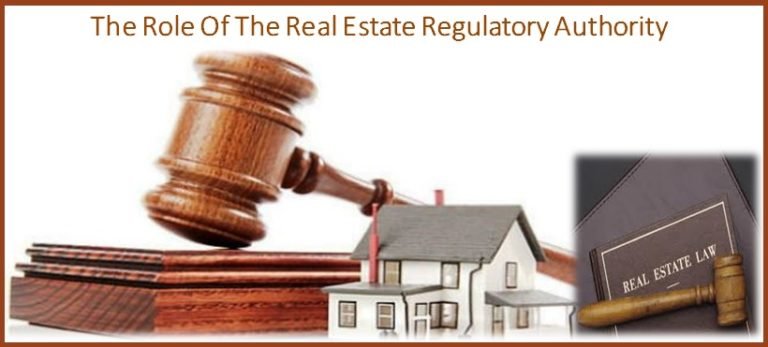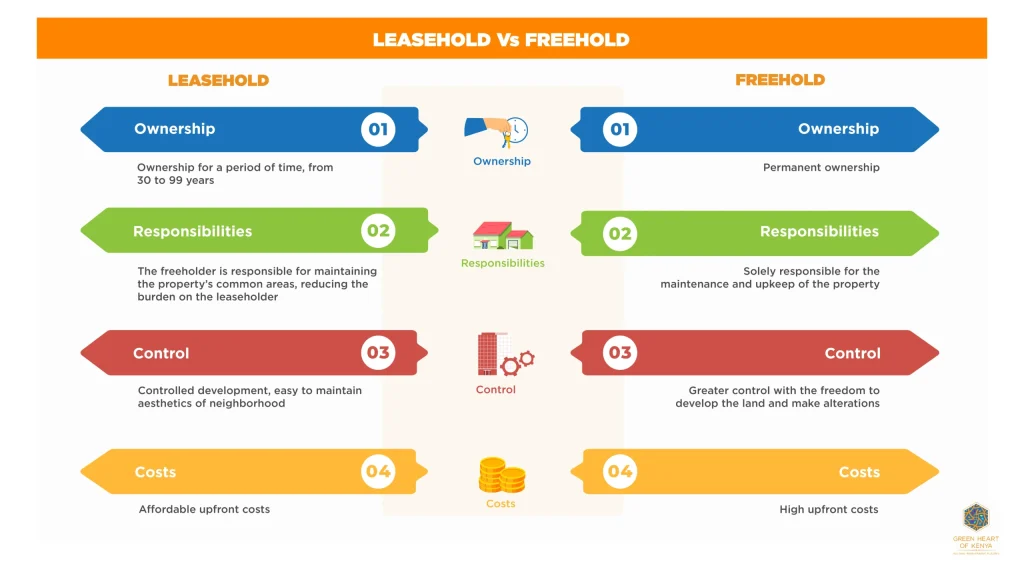The regulation of real estate in Kenya has undergone significant transformation in recent years, aimed at increasing transparency, protecting investors, and promoting sustainable growth in the property market. With the implementation of the Real Estate (Regulation and Development) Act, 2012, and oversight by the National Land Commission (NLC), Kenya’s real estate sector is becoming more structured and investor-friendly.
This guide explores everything you need to know about the regulation of real estate in Kenya, including:
- Key regulatory bodies
- Legal frameworks and licensing requirements
- Property ownership laws
- Consumer protection measures
- Challenges and future outlook
Why Real Estate Regulation Matters in Kenya
Kenya’s real estate market was once plagued with fraud, unclear land titles, and unprofessional practices. The introduction of formal regulations has helped standardize operations, protect buyers and sellers, and attract both local and international investment.
Benefits of a Regulated Market:
- Reduced property scams and title fraud
- Professional standards for agents and brokers
- Increased trust among investors
- Improved access to financing through banks
- Legal recourse for disputes and contractual breaches

Key Regulatory Bodies Governing Real Estate in Kenya
Several institutions are responsible for overseeing real estate transactions and ensuring compliance with national laws.
1. National Land Commission (NLC)
- Main regulatory body established under the 2010 Constitution
- Oversees land registration, valuation, and conveyancing
- Issues licenses to real estate practitioners and monitors conduct
2. Institute of Surveyors of Kenya (ISK)
- Regulates land surveying and valuation services
- Ensures professional standards in boundary mapping and land use planning
3. Law Society of Kenya (LSK)
- Regulates legal professionals involved in property transactions
- Ensures due diligence and ethical conveyance practices
4. Real Estate Association of Kenya (REAK)
- Industry body representing real estate agents and brokers
- Promotes best practices and offers training and certification
5. Registrar of Titles
- Manages land registration and transfer processes
- Operates under the Ministry of Lands and Physical Planning

Legal Framework: The Real Estate (Regulation and Development) Act, 2012
The Real Estate (Regulation and Development) Act, 2012 is the cornerstone of real estate regulation in Kenya. It introduced major reforms, including:
Key Provisions:
- Mandatory licensing of real estate agents and brokers
- Creation of a centralized database for property listings
- Requirement for developers to register off-plan developments
- Protection of homebuyers from fraud and misrepresentation
- Standardization of contracts, commissions, and dispute resolution
This act ensures that all real estate activities — from buying and selling to leasing and development — are conducted transparently and ethically.
Licensing Requirements for Real Estate Practitioners
To operate legally as a real estate agent or broker in Kenya, individuals must obtain a license from the National Land Commission (NLC).
Steps to Get Licensed:
- Meet basic requirements:
- Be at least 18 years old
- Hold KCSE Certificate with at least a grade C (Plain)
- Have no criminal record (police clearance required)
- Attend a certified training course from an NLC-accredited institution
- Pass the NLC Licensing Examination
- Apply for your license online via the NLC Portal
- Renew annually and complete Continuing Professional Development (CPD)
Unlicensed individuals are not allowed to transact property on behalf of others.

Types of Property Ownership and Legal Restrictions
Understanding land tenure systems is essential when investing in Kenya.
1. Freehold Ownership
- Full ownership of land and buildings
- Available only to Kenyan citizens
- Can be passed on through inheritance
2. Leasehold Ownership
- Right to use land for a specified period (usually 33, 44, or 99 years)
- Open to both citizens and foreigners
- Renewable depending on government policy
Foreign investors can lease land for up to 99 years, making it a viable long-term investment option.

Role of Developers and Agent Licensing
Developers and agents play a crucial role in the real estate ecosystem, and both are now subject to stricter regulation.
Developer Requirements:
- Must register all new projects with the NLC
- Provide clear title documentation
- Disclose any financial arrangements or mortgages
- Comply with zoning and building codes
Agent & Broker Licensing:
- Agents must work under licensed brokers unless they hold a broker license
- Brokers can independently manage transactions and hire agents
- Both must adhere to REAK and NLC ethical guidelines
These rules help prevent fraudulent deals and ensure fair dealings in property transactions.
How the NLC Protects Property Buyers and Sellers
The National Land Commission (NLC) plays a central role in safeguarding the interests of buyers and sellers through several initiatives:
Buyer and Seller Protections:
- Verification of title deeds before sale
- Stamp duty and land rate verification
- Dispute resolution mechanisms
- Public access to land records and ownership history
- Enforcement of ethical practices among agents and developers
Buyers are advised to always confirm property status through the NLC before finalizing a deal.

Emerging Trends in Real Estate Regulation
Kenya continues to modernize its real estate framework to align with global standards.
Key Developments:
- Digital land registry systems improving transparency
- Introduction of REITs (Real Estate Investment Trusts)
- Online platforms like Realestate.co.ke and Jengo Homes integrating with NLC databases
- Affordable Housing Scheme enforcing quality and pricing standards
- Stricter enforcement of developer accountability
These trends are making the real estate market more accessible and secure for all stakeholders.
Common Regulatory Violations and Penalties
Despite improved regulation, some violations still occur in the sector.
Common Offenses:
- Operating without a valid NLC license
- Selling properties without verified title deeds
- Misleading advertising and false valuations
- Failure to disclose encumbrances or mortgages
- Bypassing proper transfer procedures
Penalties include fines, suspension of licenses, and even imprisonment in severe cases.
Frequently Asked Questions
What is the role of the National Land Commission?
The NLC regulates real estate practice, oversees land registration, and ensures legal compliance in property transactions.
Can foreigners own property in Kenya?
Foreigners cannot own land on a freehold basis but can lease property for up to 99 years.
Do I need a license to sell property in Kenya?
Yes, if you’re acting as an agent or broker. Private sellers don’t require a license.
Conclusion
The regulation of real estate in Kenya has significantly improved over the past decade, offering greater security and transparency for buyers, sellers, and investors. By understanding the legal framework, working with licensed professionals, and verifying property documents through the NLC, you can confidently participate in one of East Africa’s most promising markets.
As the sector continues to evolve, staying informed and compliant will ensure long-term success in Kenya’s growing real estate industry.
